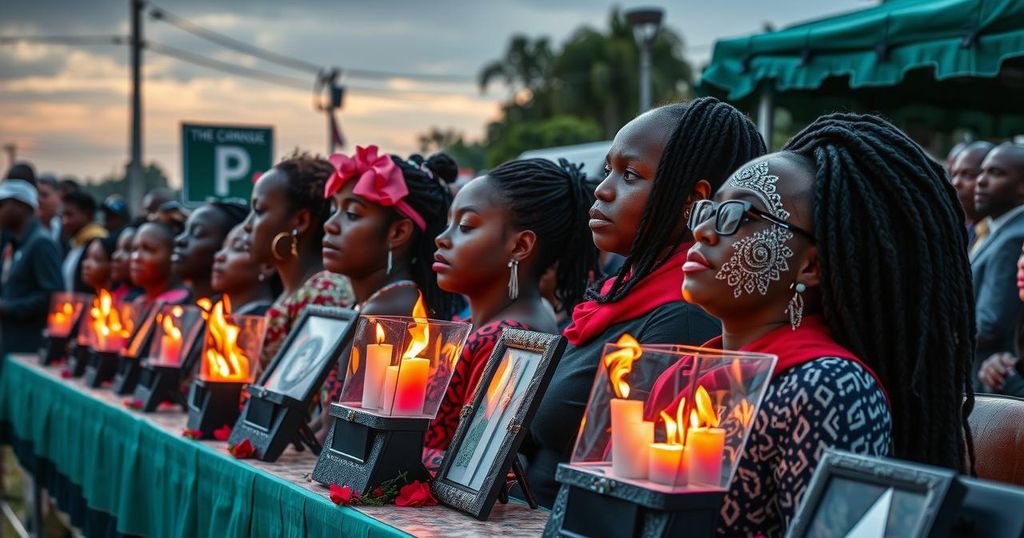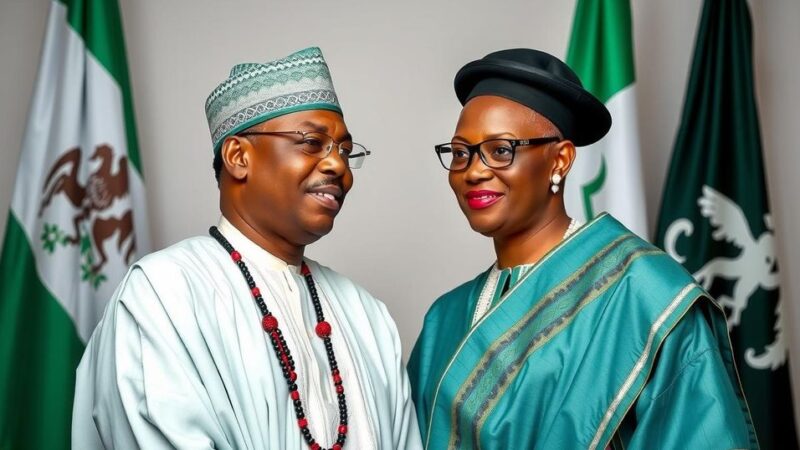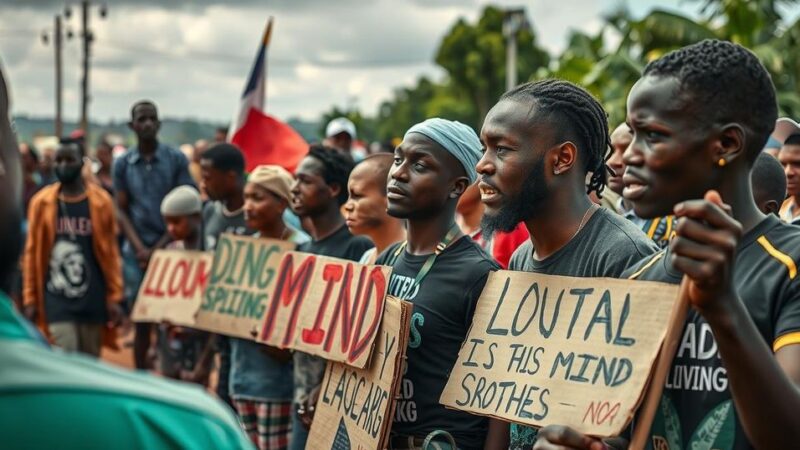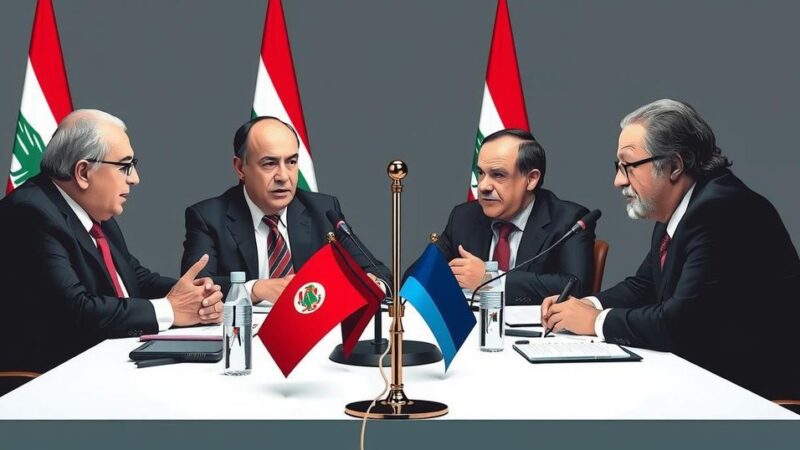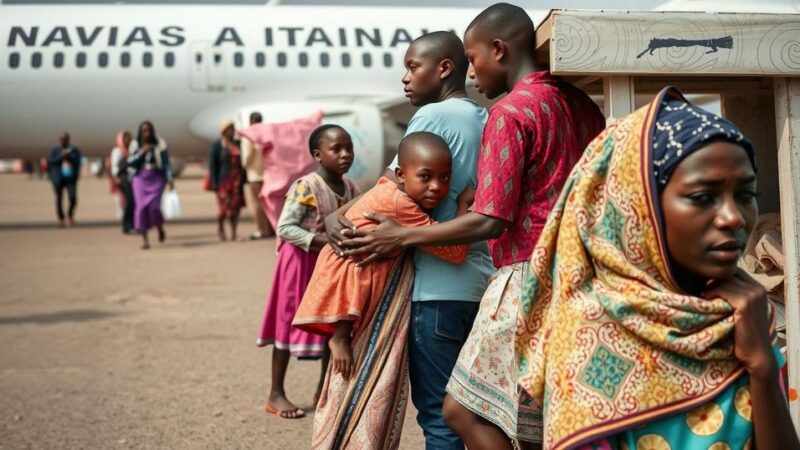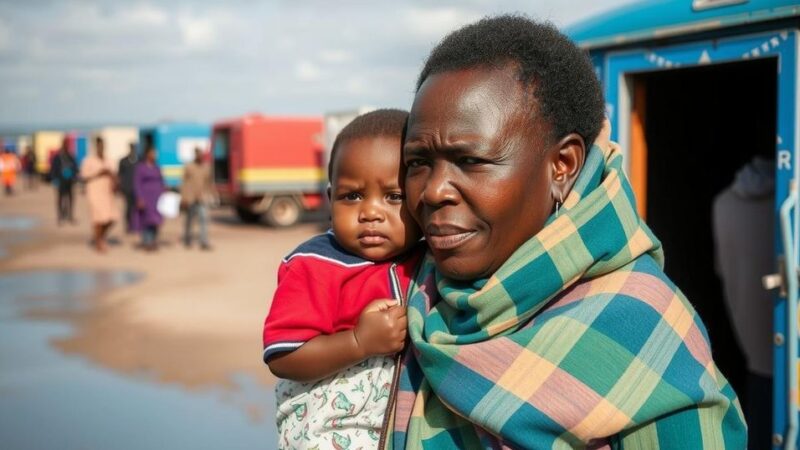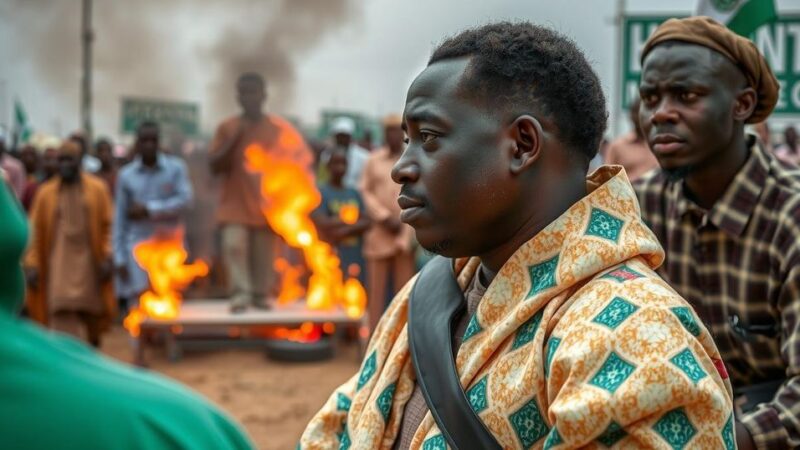Mozambique has witnessed severe unrest following disputed elections, resulting in nearly 280 deaths over two months. Many victims include innocent bystanders caught in violent confrontations between police and protesters opposing the ruling Frelimo party, led by Daniel Chapo. Families mourn their loved ones while human rights organizations call for accountability as tensions remain high ahead of Chapo’s inauguration.
Mozambique is currently reeling from the aftermath of violence that has claimed nearly 280 lives within just over two months, following a troubled election period. Among the deceased are a 16-year-old girl and a 22-year-old man, both reportedly shot by security forces amidst the unrest that erupted after disputed election results were announced on October 24. The violence has predominantly targeted young demonstrators advocating against the perceived rigging of the election, leading to tragic losses of life, as many victims were innocent bystanders caught in the crossfire.
The unrest began following the announcement of Daniel Chapo of the ruling Frelimo party as the election winner. Opposition leader Venancio Mondlane has vocally criticized the electoral process, claiming it was manipulated. Human rights organizations have reported the unlawful use of live ammunition against civilians by police forces, prompting a growing cry for accountability. Among the heart-wrenching stories highlighted is that of Yolanda Jose Luis, a 16-year-old who tragically lost her life while traveling with her family to a holiday gathering. Her brother described how the police began firing at their minibus during the incident.
Another victim, Silvio Jose Jeremias, was killed during a demonstration in Maputo. Witnesses reported that plainclothes police officers opened fire while he was socializing with friends. His grieving mother and sister expressed their profound sorrow, illuminating the familial ties and deep sense of loss that extends beyond the individual lives lost.
Throughout this period, accusations have arisen against the police for hiding their identities while perpetrating violence, thus complicating any efforts for accountability. Human rights advocates have noted that this conflict represents a significant shift, as the police are now perceived as acting against their own citizens rather than maintaining public order. As political tensions linger, with Chapo set to be inaugurated soon and Mondlane pledging further action, the potential for additional civil unrest remains a pressing concern.
The current unrest in Mozambique arises from a disputed electoral process that saw the ruling Frelimo party secure continuation in power amidst widespread allegations of election manipulation. The immediate aftermath of the election has spurred significant civil protests, with many young people taking to the streets demanding accountability and reforms. The situation has turned violent, with government forces reportedly resorting to lethal measures to suppress dissent, raising alarm among human rights organizations. This violence has led to a considerable death toll, igniting calls for justice from bereaved families and advocates alike, thus complicating the already tense political landscape in Mozambique.
The ongoing turmoil in Mozambique reflects a critical intersection between political processes and human rights. With over 280 casualties attributed to the violent suppression of protests following a contested election, the tragic stories of individuals lost to this unrest highlight the urgent need for accountability and dialogue. The government’s actions and the resistance from opposition figures like Mondlane signal a potential escalation, indicating that the quest for reform may continue to be met with violence unless addressed through constructive political engagement.
Original Source: www.barrons.com

